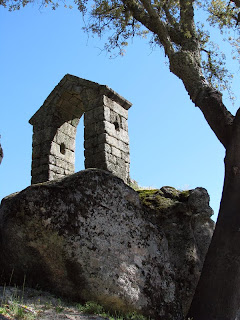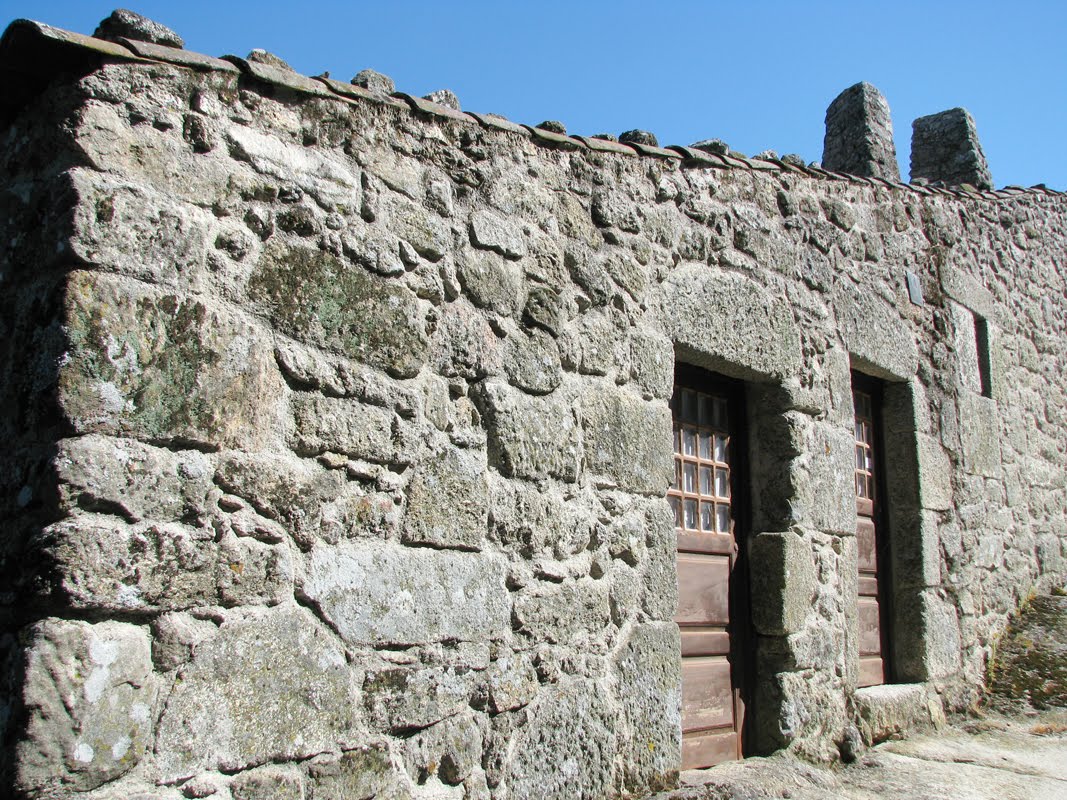Day 80. Idanha-a-Velha

Когда-то здесь в гроте жил отшельник. Его мать – незамужняя деревенская женщина – принесла сюда младенца сразу после рождения. Ребенка выкормила олениха, и он остался жить среди камней. В XIII веке рядом с гротом построили церковь Sao Pedro de Vir-a-Corca («Сан Педро, приходящий-к-оленихе»). Из местного камня - гранита. С отдельно стоящей колокольней и солнечными часами из 12 камней на внешней стене. Только по ним жители Монсанту узнавали точное время. День 80. Иданья-а-Велья Civitas Igaeditanorum – Egitanea – Idanha-a-Velha. Здесь были многие: римляне, вестготы, арабы, португальцы. Самое значительное и интересное наследие сохранилось от первых двух. “This used to be Egitania, and is now Idanha-a-Velha. Egitania seems to be Visigoth, and thus posterior to the Latin Igaeditania; not that this matters much to the traveler, except that it reminds him that the past of these lands is longer than the roads leading to them. This village has come from so far in the past it has got lost in the ...



